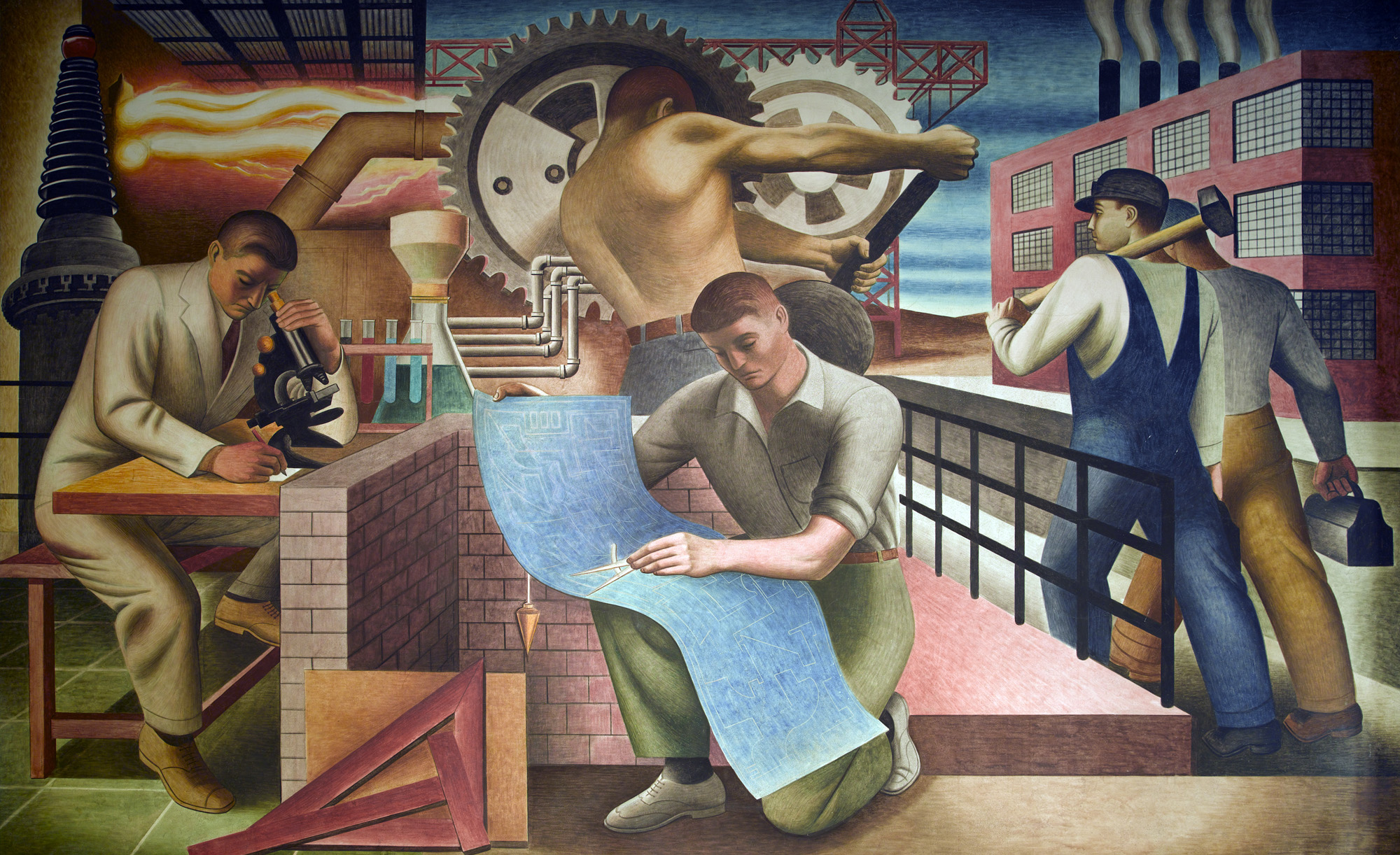
Traditional jobs for historians are dwindling.
Historical perspectives are critical to effective policy creation.
To Dr. Jonathan Coopersmith, Texas A&M University professor emeritus of history, the logic is clear: history education, especially at the graduate school level, should be broadened to include a pathway to policy careers. The result, he said, would be a win for historians and policymakers alike.
“Policymakers can learn from historians what happened before, what might have worked, what didn’t work and why in certain situations,” Coopersmith explained.
And history graduates can benefit from career options beyond the traditional academic, museum and corporate historian positions that are becoming increasingly difficult to attain, he said.
Coopersmith’s push for a policy track within history graduate school programs is featured in the May 2025 issue of AHA Perspectives. In “The Road Not (Yet) Taken: Historians As Policy Professionals,” he and Dr. Arthur Daemmrich, a professor of practice at Arizona State University (ASU) and director of ASU’s Consortium for Science, Policy and Outcomes, argue for the involvement of historians in policy creation and implementation.
More so than in most other academic disciplines, history students are taught to think critically, to assess, and to provide data in a useful form, Coopersmith said. These skills, combined with a keen knowledge of the past and an ability to produce documents on tight deadlines, make them the perfect candidates to support policymakers.
“Studying the past is a good way to think about the future,” Coopersmith said. “What efforts were successes? And, importantly, what are some of the more frequent, unsuccessful efforts? What didn’t work and what can we learn? Why did we think it would work?”
The art of policymaking goes far beyond debates in federal and state capitols. Historians’ ability to recognize patterns over time is equally valued in science, technology, education, economics and a host of other fields where good policy is paramount.
No one understands this more than Coopersmith, whose research has focused on such areas as space commercialization and communication technologies. His books have examined the history of the fax machine and the historical impact of widespread electricity adoption in Russia.
Hired in 1988 as a historian of technology, the courses Coopersmith taught in his 34 years in Texas A&M’s history department included not only the more traditional classes like European history, but also classes exploring the histories of petroleum and of American technology. At Texas A&M’s Bush School of Government and Public Service, he led a graduate-level science and technology policy seminar.
Coopersmith’s own interests demonstrate how historians possess the ability to recognize historical trends in all kinds of arenas, reflect on the associated data, and assess its importance—all skills that make exceptional policy experts. Graduate students in history, he contends, should therefore be encouraged and trained to seek policy positions.
Learning to think like a policy analyst involves using your history skills, but in a different way than the traditional academic historian.
Even before additional training, history graduates bring to the table a unique set of skills that could strengthen policy success and effectiveness, Coopersmith said. They know how to consider and assess a multitude of voices, opinions and thoughts. They can grasp contemporary issues with a historical perspective. They can use analogies to compare a past issue with a current one, determining why a past policy succeeded or failed and applying those findings to a current situation. Equally important, historians can analyze analogies to determine if they accurately portray a situation or mislead.
Coopersmith’s goal, then, isn’t to revamp graduate history studies, but rather to add an academic option for those interested in policy. Such an option would expand on the critical thinking and writing skills intrinsic to the study of history. Instead of using those skills to write a long paper, though, he said students could learn to use them to analyze complicated issues and summarize them in clear, succinct briefs. This method of analysis and presentation is key to supporting the decision-making process of a busy policymaker. But as Coopersmith pointed out, it’s also antithetical to how historians are typically taught to think and to produce papers.
“Learning to think like a policy analyst involves using your history skills, but in a different way than the traditional academic historian,” he explained.
With a declining number of history and other liberal arts students and an overproduction of doctoral graduates in history, tenured academic history positions are far fewer than the number of qualified candidates, Coopersmith said.
“Graduates should be thinking about other possible options where they have skills, they have ways of thinking and they have knowledge that can be useful,” he said. “But can you express that knowledge or shape it in such a way that it’s useful to policymakers? Historians focus on books. Policymakers need one sheet.
"By training historians interested in policy careers to approach issues with the mindset of a policymaker,” he added, “their career opportunities are multiplied. And policymaking and implementation should (or could) also improve.”

